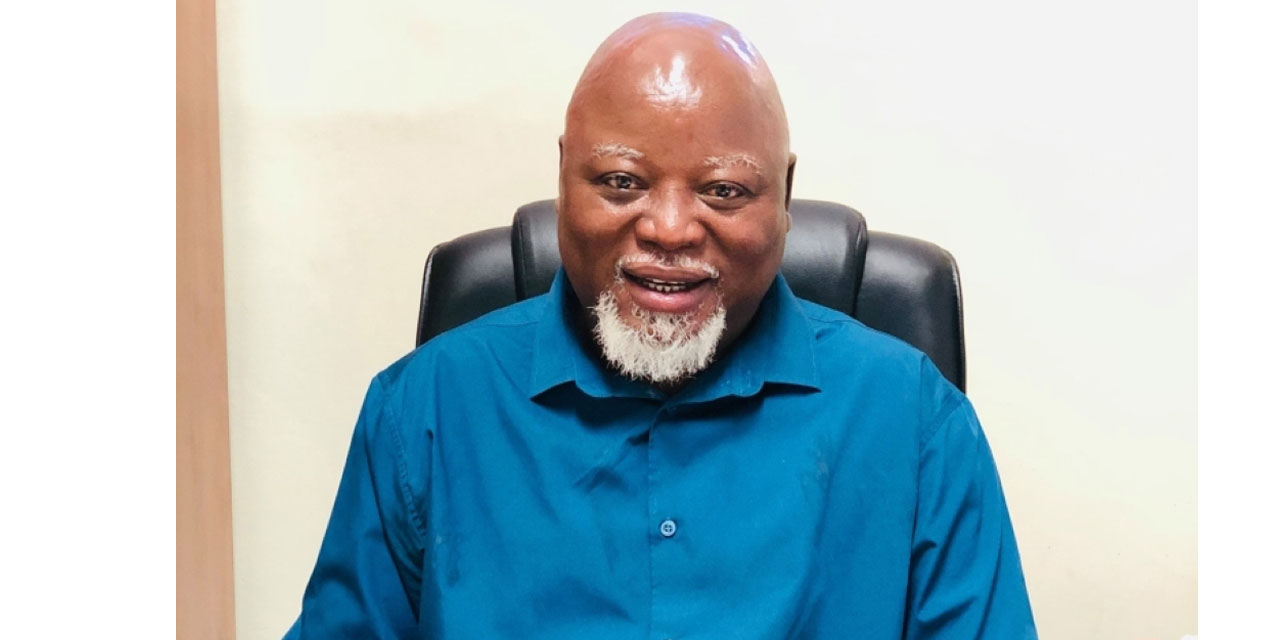Ndumba J. Kamwanyah
When Namibia gained independence in 1990, founding president and the father of the nation Dr Sam Shafiishuna Nujoma declared that true freedom meant more than just breaking the chains of colonial and apartheid rule.
His vision was loud and clear: Namibia must liberate itself from hunger, diseases and ignorance. This was not just a mere slogan—it was a call to action, a guiding philosophy for building a strong and self-sufficient independent Namibia.
This was also a futuristic foresight.
He knew that a country that depends on others for its survival and development can never be truly free. He championed self-reliance through his Vision 2030 development agenda (though vague and broad), and investment in education and healthcare. He laid the foundation, but decades later, Namibia still struggles to fulfill his dream. Betrayed by self-interest driven individuals through corruption, nepotism and clientele system of governance.
Today, our country remains dangerously dependent on foreign assistance and a ballooning debt. Nowhere is this more evident than in our healthcare system, where thousands of jobs and life-saving treatments are funded by external donors. With the looming possibility of President Donald Trump’s threat to cut critical aid, we must ask ourselves: How did we reach this point? And what must be done to restore Nujoma’s vision of self-sufficiency.
Despite political independence, Namibia has not freed itself from economic dependency. Our healthcare sector, for instance, heavily relies on the United States Agency for International Development (USAID) and the President’s Emergency Plan for AIDS Relief (PEPFAR). These funds support thousands of Namibian health workers and provide critical treatment for HIV/AIDS patients.
But what happens if that funding stops? A Trump presidency has promised to bring deep cuts to foreign aid, leaving thousands of Namibians without jobs and access to treatment. More disease. More hunger. More suffering.
This looming crisis exposes a painful truth: Namibia is still in chains—not colonial ones, but economic ones. We have built a system that cannot sustain itself without help from outsiders. This is not what Nujoma fought for.
For years, experts have warned about the dangers of donor dependency and a cry not to be classified as a middle-income country., yet our leaders continue to govern as if foreign aid is a permanent solution. If we know aid can be taken away at any moment, why has the government not stepped in with a plan to replace it? Why do we prioritize luxury government spending while critical sectors remain vulnerable?
To truly honor Nujoma’s vision, the government must act now: We must stop treating healthcare as an American responsibility. The government must reallocate resources to fund essential health programs locally.
Namibia imports nearly all its medicines. Why haven’t we built our own pharmaceutical industry like Botswana and other African nations? If I may ask. By investing in industries that create jobs, we can empower Namibians to afford healthcare without relying on donor-funded programs.
More importantly, the issue extends beyond the healthcare sector. Dependency has become a way of life in Namibia. We rely on foreign companies for investment, imported goods for daily survival, and donor aid for essential services. Meanwhile, our local industries struggle, and unemployment—especially among the youth—remains dangerously high.
At independence, Nujoma called for self-reliance. He wanted Namibians to be producers, not just consumers. Yet, today, we have normalized waiting for outsiders to solve our problems. This is not the Namibia he envisioned.
The potential loss of U.S. aid is not just an economic burden on us—it is a warning and a wake up call. If we fail to act now, we will face a crisis that could have been prevented. More people will lose their jobs. More will go hungry. More will fall sick.
Sam Nujoma and his generation dedicated their lives to Namibia’s freedom. They gave us independence, but it is up to us to uphold their vision. Breaking free from hunger, disease, and ignorance is not just a slogan—it is a responsibility to act.
Honoring Nujoma’s legacy is not about speeches or fancy celebrations. It is about action. It is about ensuring that Namibia can stand on its own, just as he always wanted. If we do not act now, we will not only betray his vision but also the future of the next generation. May he rest in eternal peace.
Ndumba J Kamwanyah is a commentator on everything political, economic, social and cultural.




